“It was rewarding in a different way than my regular work is. I was surprised how nourishing I found it, and that was definitely something to do with working together with other parents, of being part of a communal effort to do something for a different kind of profit…”
RACHEL
Meet Rachel, she’s a Set Designer from North London and a member of the grassroots movement Parents For Future UK.
At a time when schools are reconvening, we wanted to interview Rachel to show how parents are working with schools and their communities to educate and encourage change.
We meet at her flat in Islington, where she describes her motivation, experiences and challenges in light of the climate crisis.
Rachel starts by explaining why she initially wanted to be involved in the grassroots movement,
“Becoming a parent has made me think about the future beyond my own life span in a very real way and this has been a huge factor in my motivation to take action."
RACHEL
Meet Rachel, she’s a Set Designer from North London and a member of the grassroots movement Parents For Future UK.
At a time when schools are reconvening, we wanted to interview Rachel to show how parents are working with schools and their communities to educate and encourage change.
We meet at her flat in Islington, where she describes her motivation, experiences and challenges in light of the climate crisis.
Rachel starts by explaining why she initially wanted to be involved in the grassroots movement,
“Becoming a parent has made me think about the future beyond my own life span in a very real way and this has been a huge factor in my motivation to take action."
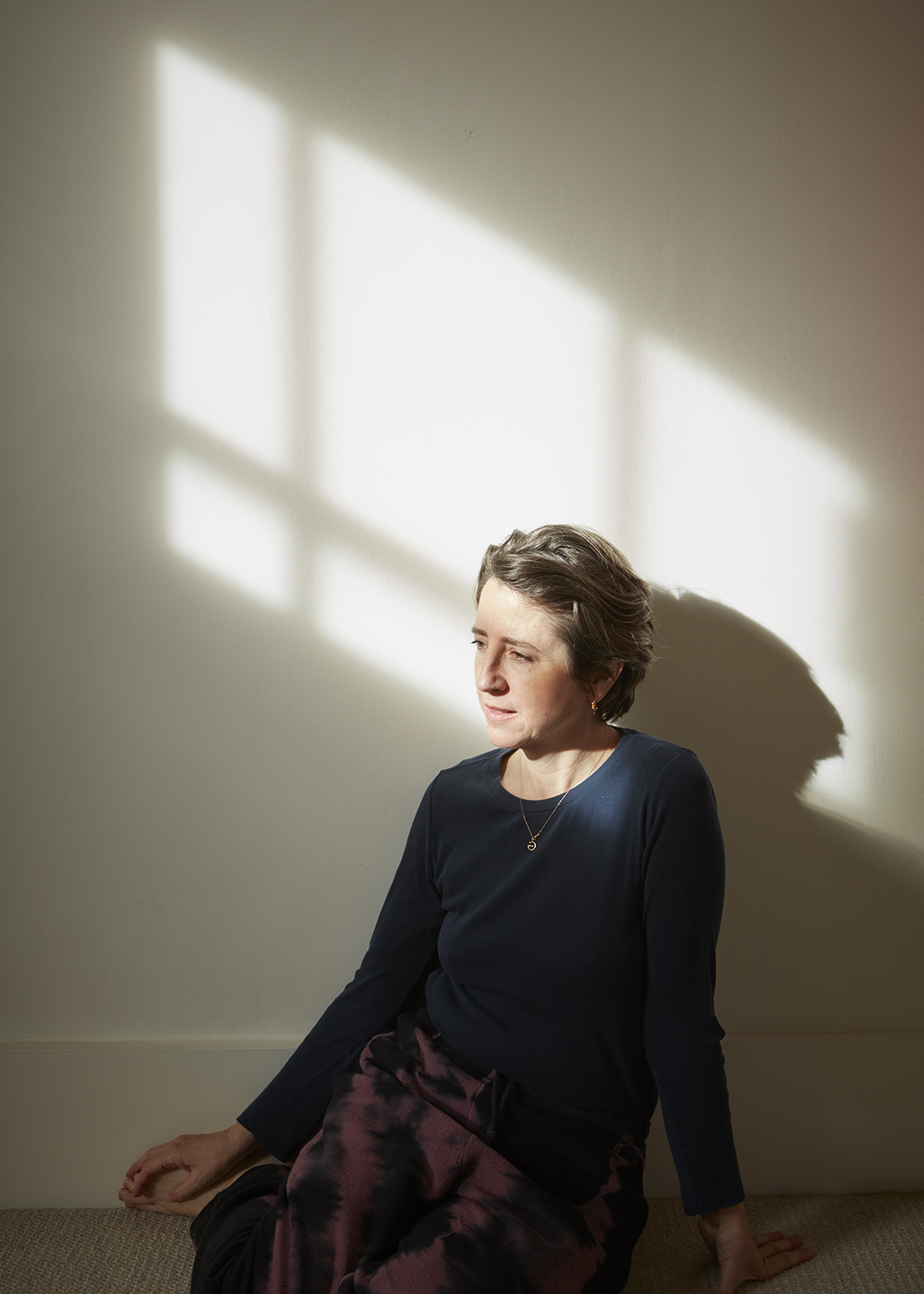
Text: Beth Mark
Photography: Sandra Freij
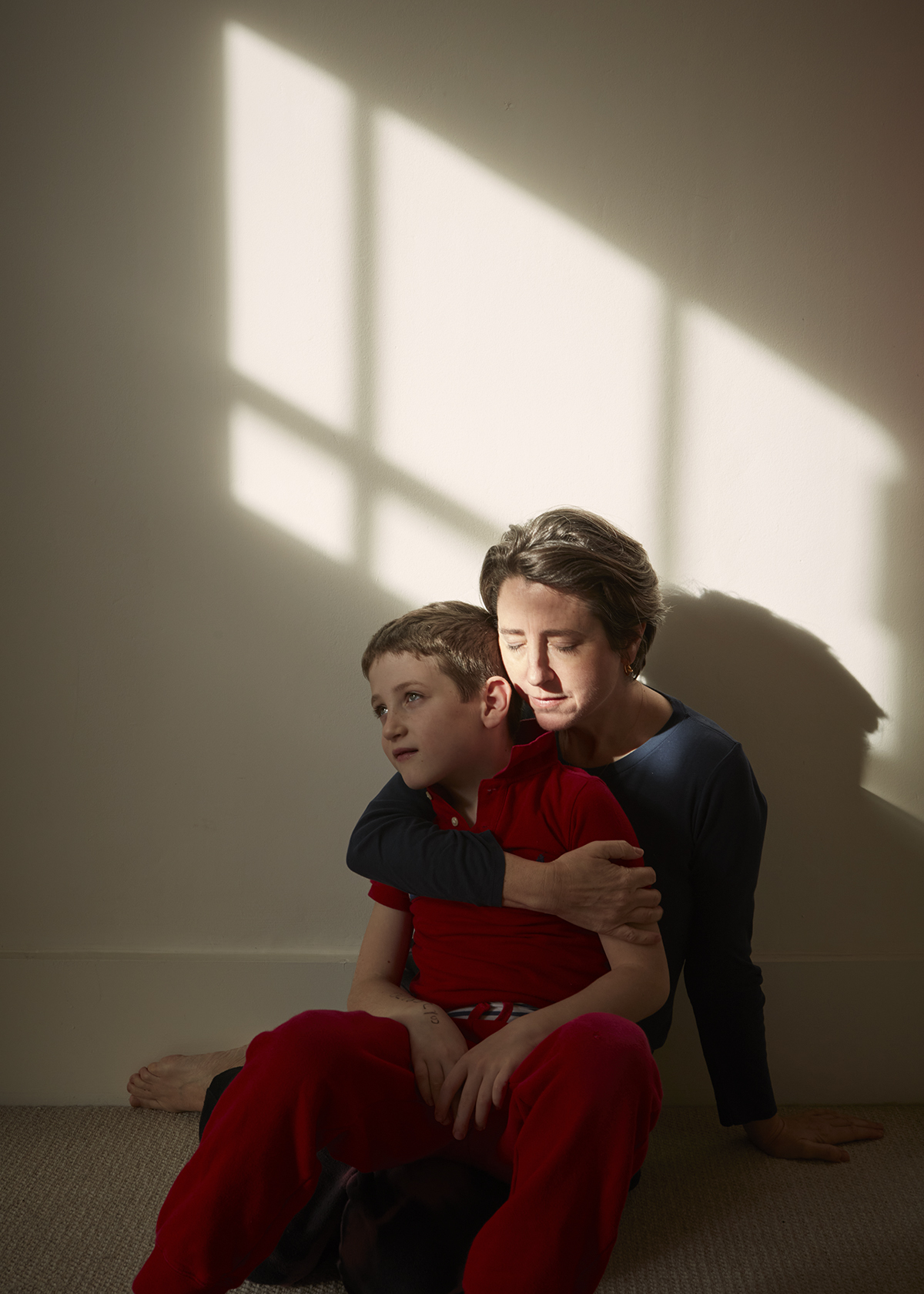
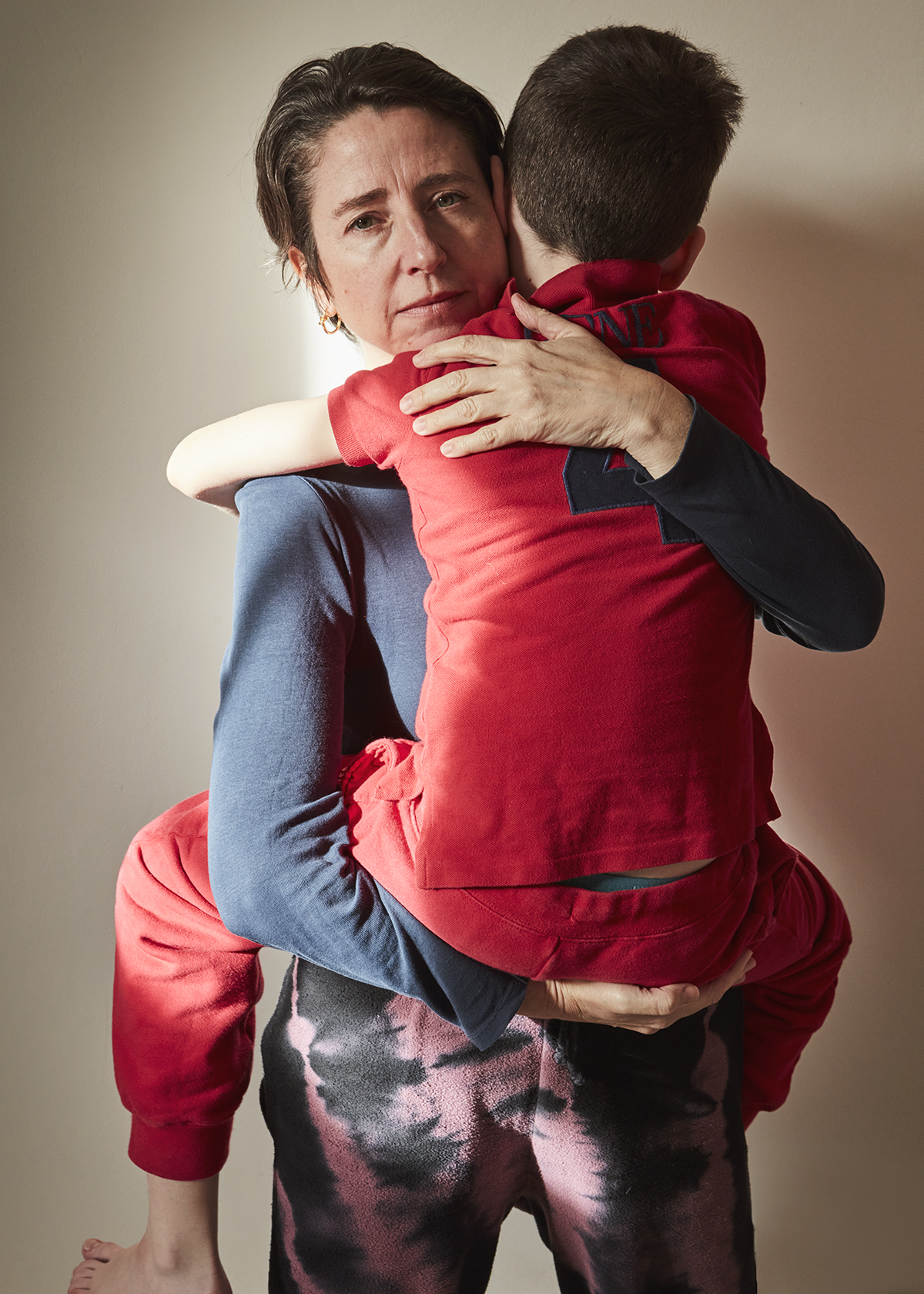
She was keen to press that being a parent is not the only motivation for people to take action,
“I think being a parent plays a part, but I would still be involved in this movement even if I wasn't… son, aunt, daughter, friend, cousin, grandparent, no one is unaffected by this, we are most definitely all in this together.”
Scientific evidence suggests that our climate is
heating up at an alarming rate. Many people are no longer willing to sit
around, waiting for Governments around the world to take action. Rachel, like many Parents For Future members, has decided to focus her efforts locally. She adds honestly,
"Small actions like joining a gardening group, cutting down on plastic and animal products, engaging in politics, thinking about and avoiding waste of any kind may not change the world, but if more people take these small actions and keep talking about them, they will have an effect. This way of thinking is also more about community and as a by-product brings people together.”
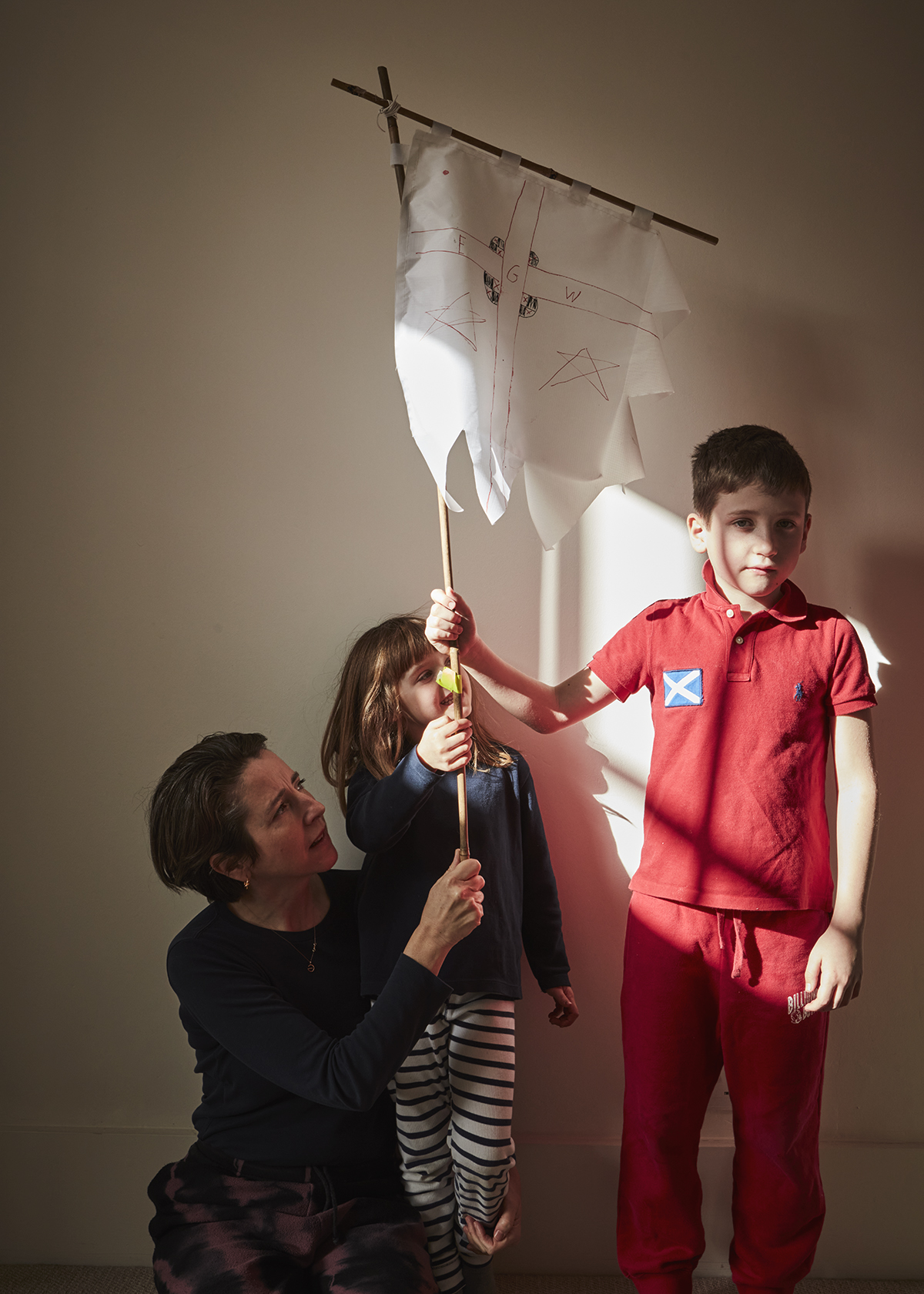
Last summer, at a time when the media coverage
of climate change was heightening, Rachel stumbled across an article in the Guardian
advertising the Woodland Trust's tree planting campaign. The campaign called
for schools, businesses and individuals to lend their support. She explained
this was precisely the type of relatable and non-controversial project she was
looking for. So, as a way to raise money and awareness, Rachel, alongside other
parents, went ahead and organised a fundraising project at their children's’
school. She engaged the whole school by building a tree in the schools' reception.
“I set myself the challenge to not buy anything and found that amazon cardboard boxes and filling, cardboard tubing and some leftover canvas were perfect for building the branches and trunk of a tree. We then asked all the children to make leaves and decorate them. Parents were asked for a donation, and the children added their leaves to the tree.”

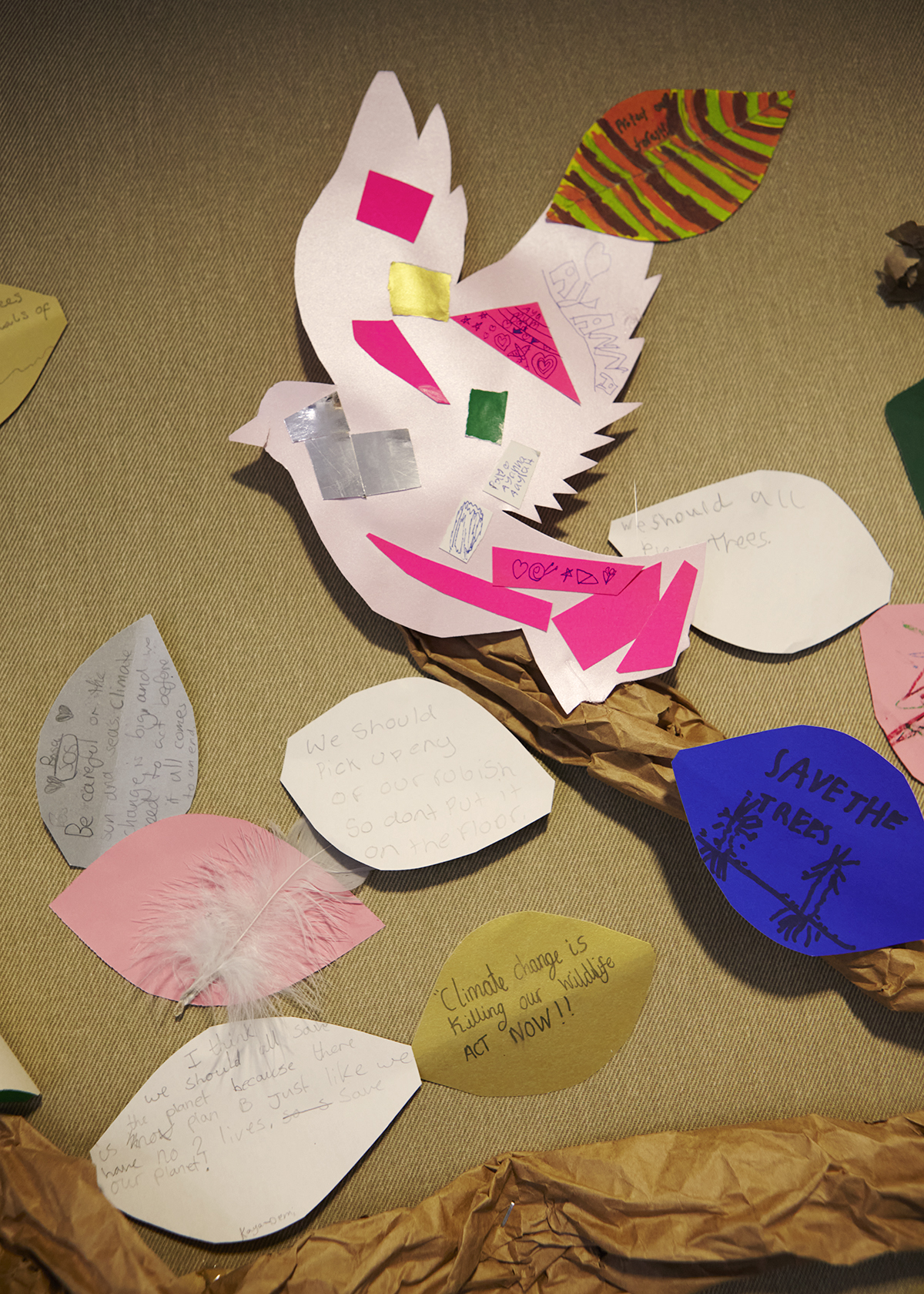
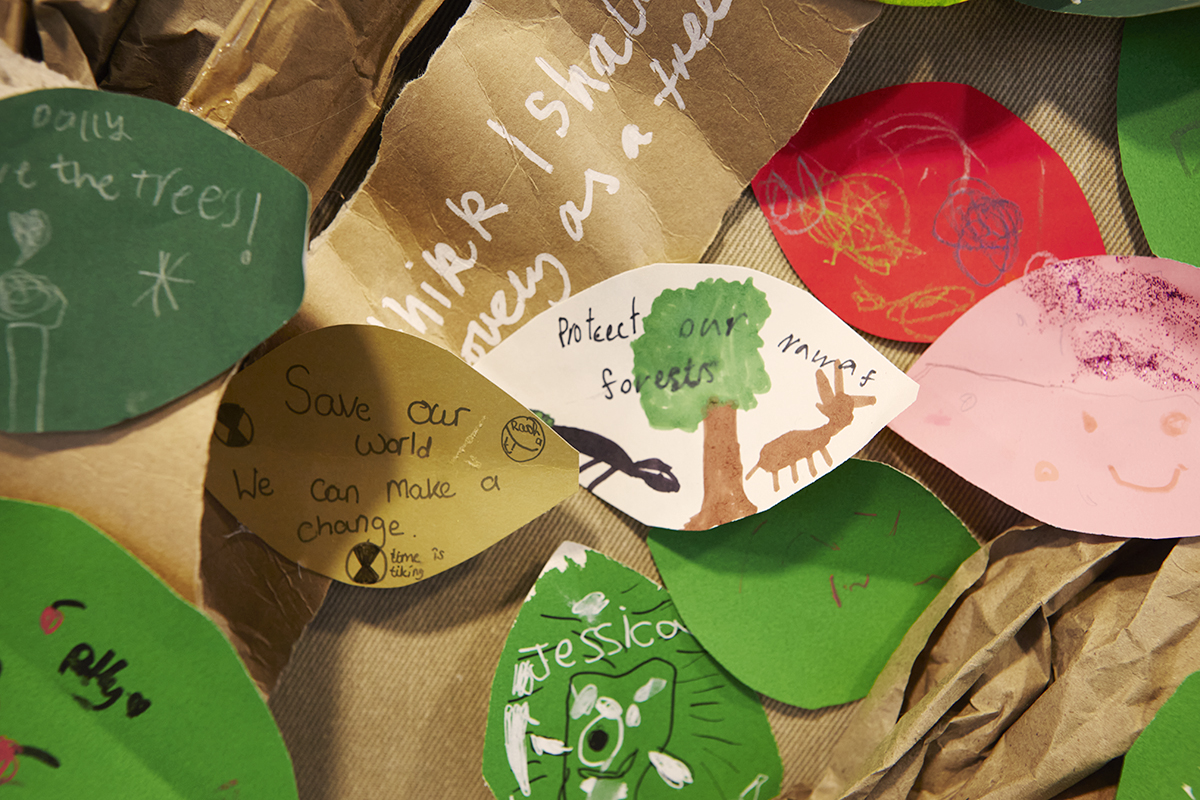
When talking about the project, she added,
“It was rewarding in a different way than my regular work is. I was surprised how nourishing I found it, and that was definitely something to do with working together with other parents, of being part of a communal effort to do something for a different kind of profit… I see loads of parents being actively involved in community gardening projects, forming groups around air pollution and generally trying to change old forms of ingrained behaviour like selling plastic throw away toys at school fares.”
“It was rewarding in a different way than my regular work is. I was surprised how nourishing I found it, and that was definitely something to do with working together with other parents, of being part of a communal effort to do something for a different kind of profit… I see loads of parents being actively involved in community gardening projects, forming groups around air pollution and generally trying to change old forms of ingrained behaviour like selling plastic throw away toys at school fares.”
Rachel goes on to explain why she wants her son to learn about climate change and the natural world organically. With heightening concerns around eco-anxiety amongst young children, it isn’t a surprise that being a parent of impressionable children can feel challenging when it comes to discussions around the climate crisis. We asked Rachel to explain her feelings towards educating her son about the climate breakdown. She considers her viewpoint and shares,
“I’m not sure how to deal with this, it is really daunting. I don’t want to be the one who tells my son that his future is uncertain, it’s unthinkable, a nightmare...
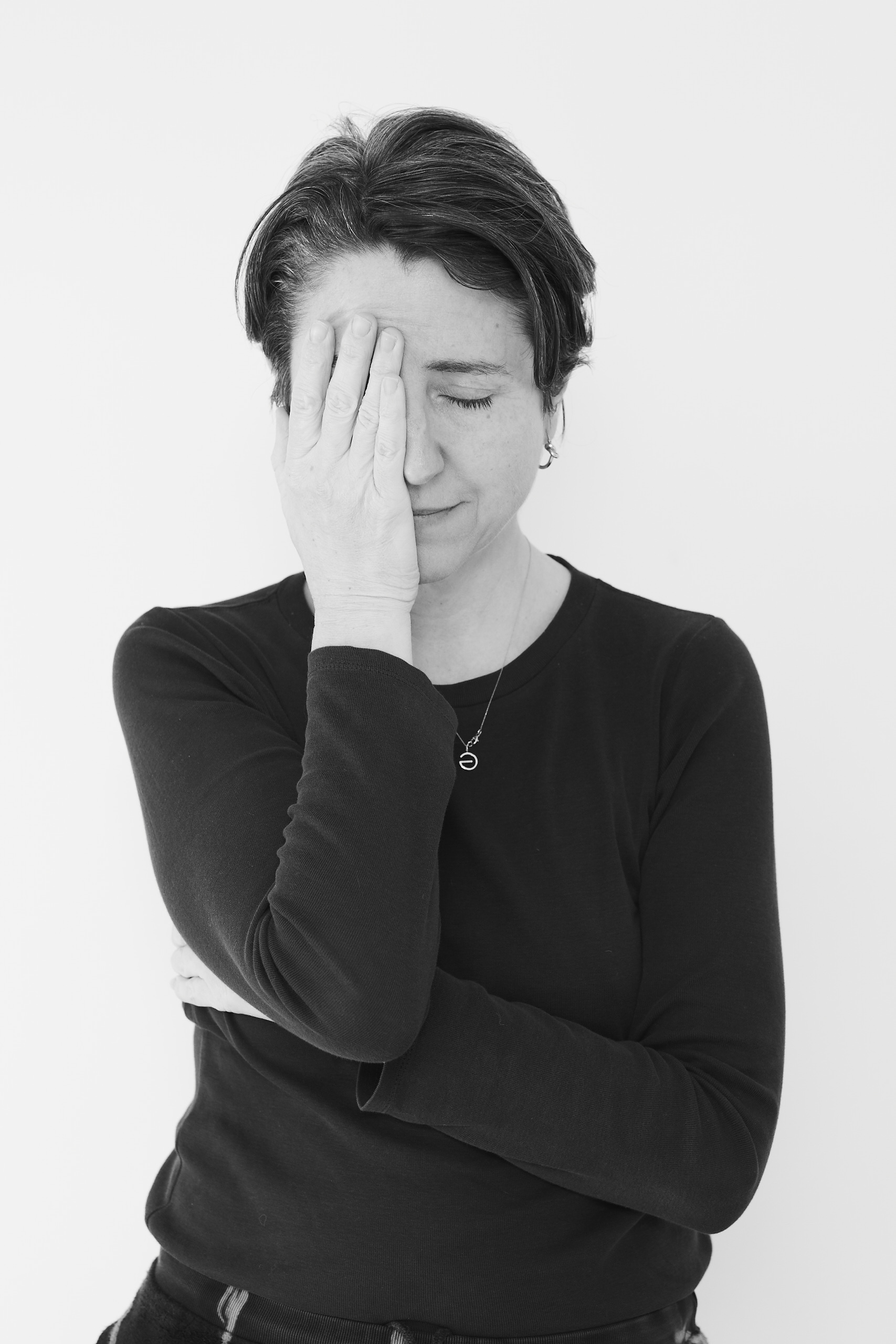
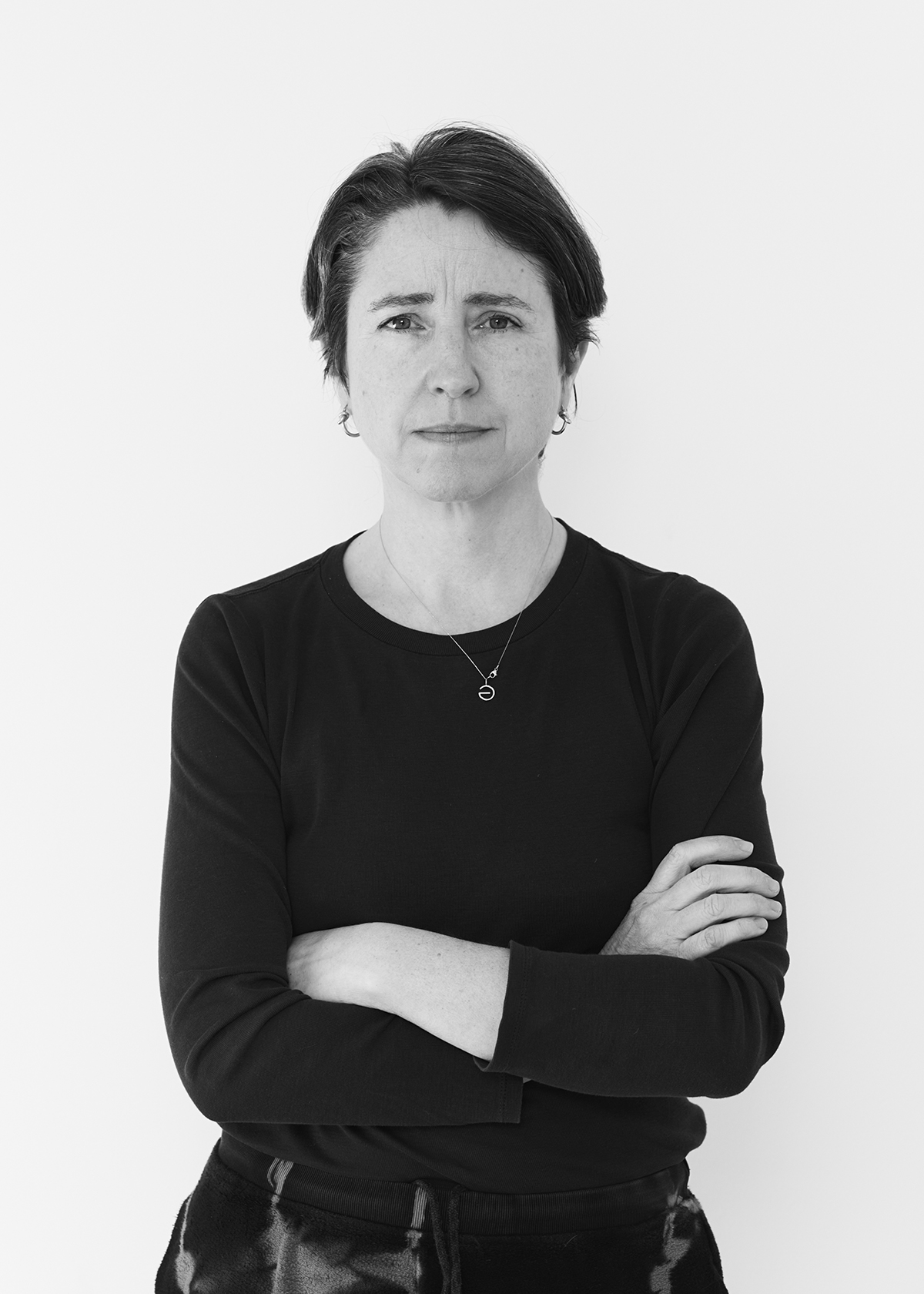

..I need to gather myself and find a way to frame things in a hopeful and constructive way for him so as to equip him with some resilience and sense of urgency… He’s learning about it at school, and it's part of the language they use…. They've been doing all sorts of things around it; it's in his world definitely. And at the moment, I’m letting it be in his world rather than sitting him down to 'explain'. Hopefully, by the time he is old enough to question this for himself, there will be some positive change and reversal of the damage that has been done - I pray to god that is the case – even if I am a lapsed catholic.”
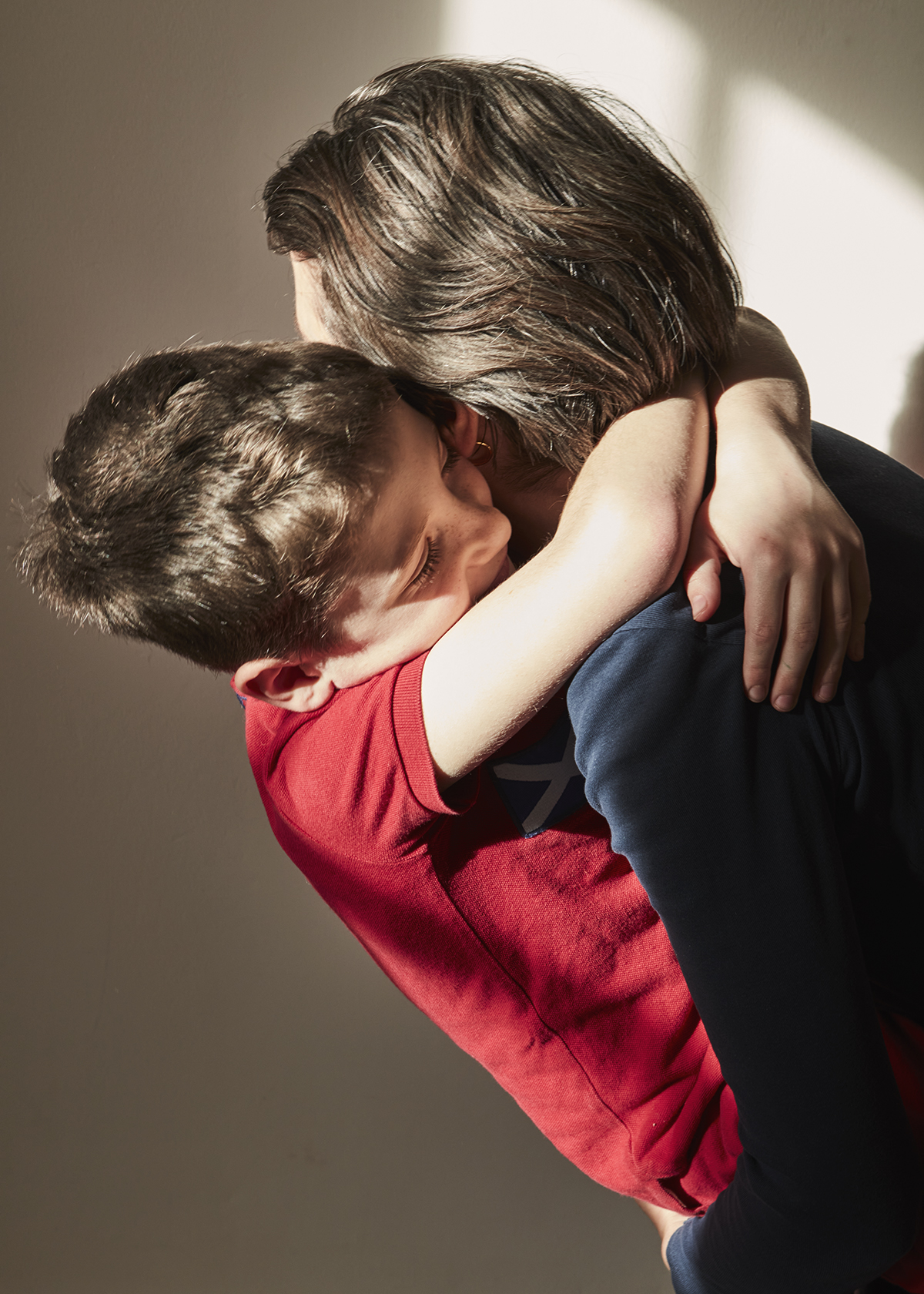
Utilising her creative skills, Rachel has been working on several projects together with the grassroots group Mothers Rise Up.
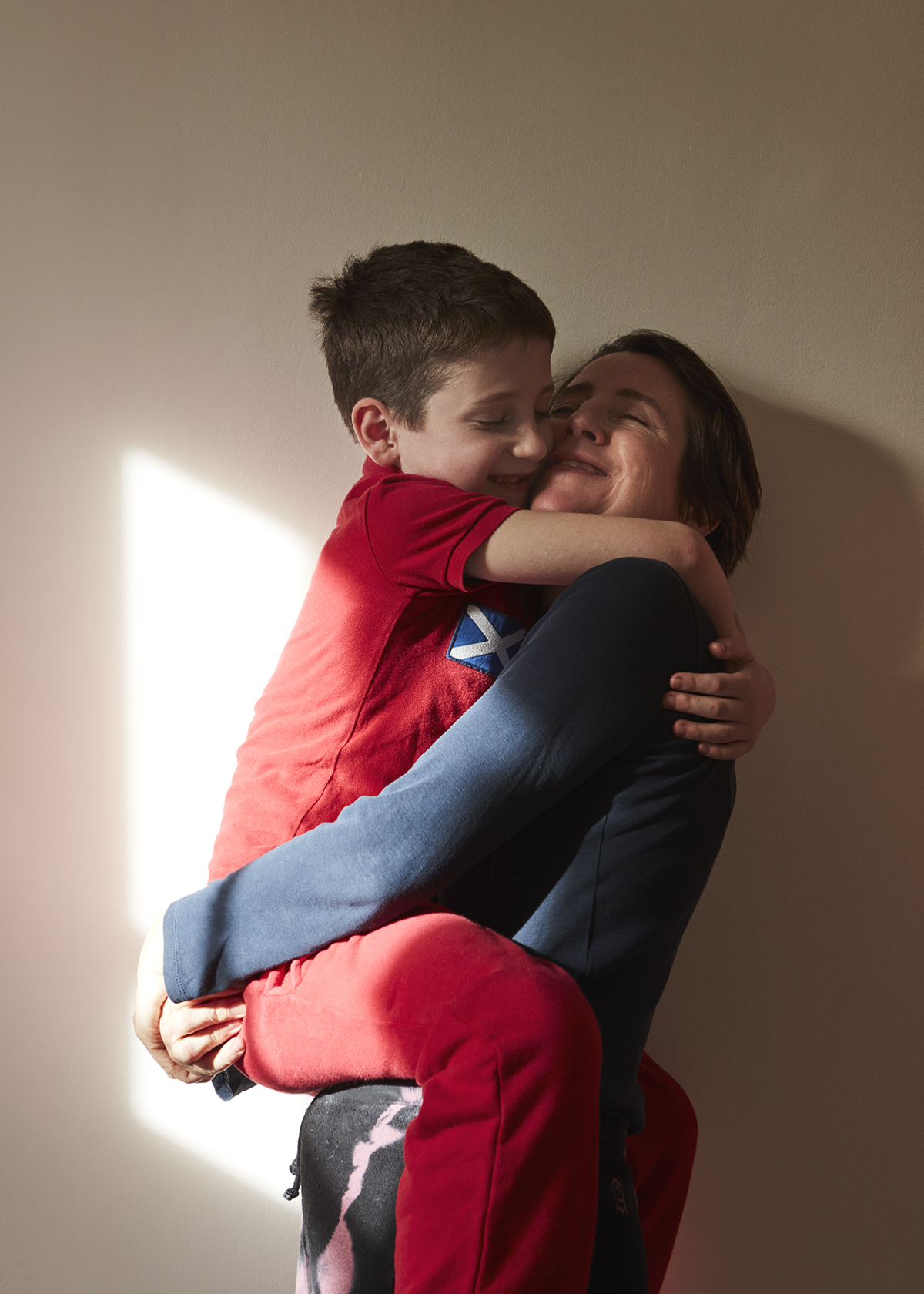
She excitedly remarks,
“I know a whole network of very capable people who have a lot of valuable resources and a lot of them are willing to donate those resources for free when asked…We all need to inspire one another to be part of it…There are times I feel conflicted in my work…I work in the creative side of advertising, so essentially, I am part of a group of people who sell something - It’s very much to do with capitalism with the idea of growth, spending and consumerism and we know that this has led us (albeit mostly unknowingly) to this place."
She reflects on these feelings and adds,
"But until I can find an alternative that allows me the freedom, income and creativity my company affords me I will use the resources I have to raise awareness. I am also in the process of educating myself on how to run my business (and life) in the most responsible way I can. I am way off, but I'm trying.”
Rachel ends our discussion by summing up what her advice would be to anyone (including herself) wanting to take action,
“Think; think about the power you have as a consumer and choose not to buy from the big polluters - what are you eating, wearing, how are you travelling! Think about all those things and talk to other people about them because that’s how these things are spread. Share; share your time, resources, information, skills and hope. What skills can you bring? What specialities do you have? Are you good at speaking, organising, planning, building, or just turning up and lending a hand? Whatever you’re good at, it has value when used for the common good. It's complicated, and I don't want to oversimplify it or in any way say I have any answers, I will just do my best to try and try more often.”

THE THREE TAKE-HOME STATEMENTS:
There is a communal part of activism that builds resilience and makes people come together.
We have power as consumers! And if we think about the choices that we make and talk about them with others, we can patricipate in changing mindsets.
What skills can you bring, what specialities do you have? Whatever is is, you are needed!
Further reading
︎︎︎︎︎︎︎︎︎︎︎︎︎
‘A sense of wonder’ by Rachel Carson - a beautiful and inspiring call to connect with nature from the earliest age possible
︎︎︎︎︎︎︎︎︎︎︎︎︎ The Giving Tree by Shell Silverstein – a poignant illustrated tale about man's misuse of nature.
︎︎︎︎︎︎︎︎︎︎︎︎︎ Subscribe to ‘reasons to be cheerful’.
https://reasonstobecheerful.world/
London 2020